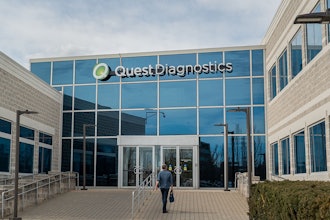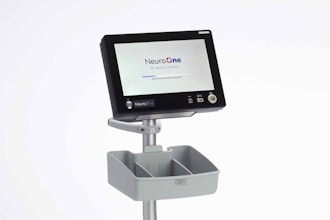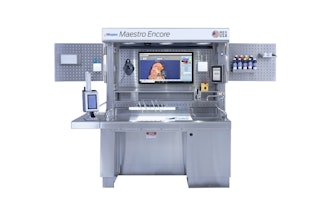
A new Wolters Kluwer Health survey released today finds that 40% of U.S. physicians are ready to use generative AI (GenAI) this year when interacting with patients at the point-of-care. The findings reflect a rapid acceptance of the new technology more broadly, with 68% saying they have changed their views over the last year, and are now more likely to think that GenAI would be beneficial to healthcare.
Physicians, however, are wary of which GenAI tools they would be comfortable using, with 91% of respondents saying they need to know the GenAI sourced materials were created by doctors and medical experts before using it in clinical decisions. Similarly, 89% report they need vendors to be transparent about where information came from, who created it, and how it was sourced.
GenAI viewed as helping to save time and optimize care teamsWith healthcare facing challenges with staffing shortages and burnout, physicians see many benefits to applying GenAI in the care continuum. When asked how GenAI could support decision making or improve interactions at the point-of-care:
- Four in five (81%) physicians say GenAI will improve care team interaction with patients.
- Over half believe GenAI will save them 20% or more time.
- Over two-thirds (68%) say it can save time by quickly searching medical literature.
- Three in five (59%) say it can save time by summarizing data about patients from the electronic health record (EHR).
- Only 3% do not believe GenAI will improve interactions with patients.
Doctors and patients diverge on GenAI in careComparing results of this survey with a Wolters Kluwer survey of U.S. consumers conducted in late 2023 shows that consumers have different views on the integration of GenAI into the physician/patient interaction. Two-thirds of physicians say that patients would be confident in GenAI results to make clinical decisions while just over half of patients report they would be confident. When physicians were asked if they believe patients would be concerned about the use of GenAI in a diagnosis, only one out of five physicians said yes. Conversely, when asked directly, four out of five Americans reported they would be concerned, suggesting a wide gap in perceptions about GenAI readiness among health consumers.
Doctors set high transparency and content source standards for GenAI guidelinesPhysicians’ responses reflect a landscape that is still developing clear guidance or policies on using GenAI. Over a third (37%) say there are currently no guidelines in place at their organizations about using GenAI while almost half (46%) say they don’t know of any guidelines.
Still, physicians have concerns about the source of content and want transparency. For the majority of physicians (58%), the number one most important factor when selecting a GenAI tool is knowing the content it is trained on was created by medical professionals.
Nine out 10 (89%) report they would be more likely to use GenAI in clinical decisions if the vendor was transparent about where the information came from, who created it, and how it was resourced. Knowing that the technology is from a well-known, trusted company was also a priority: 76% would be more comfortable using GenAI knowing it came from established vendors in the healthcare sector.






















